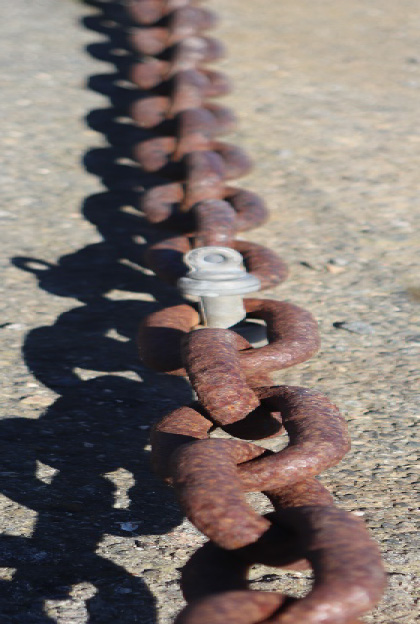CONTAINER SEA FREIGHT: SUPPLY CHAIN WEAK LINK?
 Sailor principle: the supply chain, like any chain, is only valid through its weakest link.
Sailor principle: the supply chain, like any chain, is only valid through its weakest link.
If the magnitude, the suddenness, the fact that it is a strong increase are specific to the current crisis, a crisis situation in maritime transport and in container transportation in particular is not really new.
The market behavior over the past twenty-five years did not bode well. This service business requires very heavy long-term industrial investments. Freed from most of the regulations designed to ensure relative healthy competition, the players engaged in a strategy where only the strongest (rich) could survive. The number of missing on the battlefield is impressive. And many of the survivors have at one time or another resorted to (successful) last-ditch maneuver to continue to exist.
To come back to "Supply", our favorite chain, the maritime transport segment, is only rarely evaluated at its fair value, by the generosity of the offer, the low costs, the absence of direct investment, etc.. This link, however essential (everyone agrees today!), outsourced and / or subcontracted has only rarely benefited from the work necessary to give it the required strength. But on this link depends the regularity: supplies, production, sales, respect of the customer promise etc ...
To have practiced it for 25 years to have a transport structure up to the challenges with the resilience essential to absorb market cycles, it is necessary to:
• Have a strategy
• Master the techniques of this trade
• Devote energy and time
• Persevere: Shitsuke! (the 4th S of the Kaizen cycle)
• Achieve critical mass
To prepare for the future in the short and medium term, because there will be other crises, from our point of view as a specialist in the international trade supply chain, shippers must at the same time, which may seem contradictory:
• Take or regain control of their transport organisation
• Unite to achieve optimal critical mass
A return to history? French SHIPPERS would have already built UNION for similar subjects in 1872 ...
